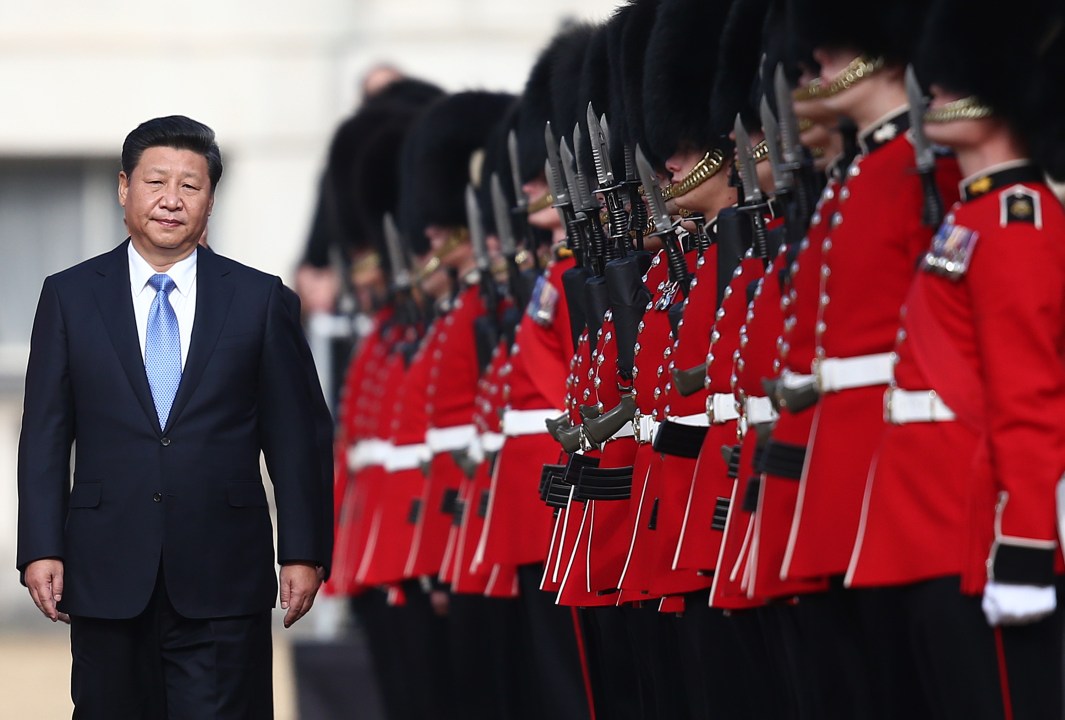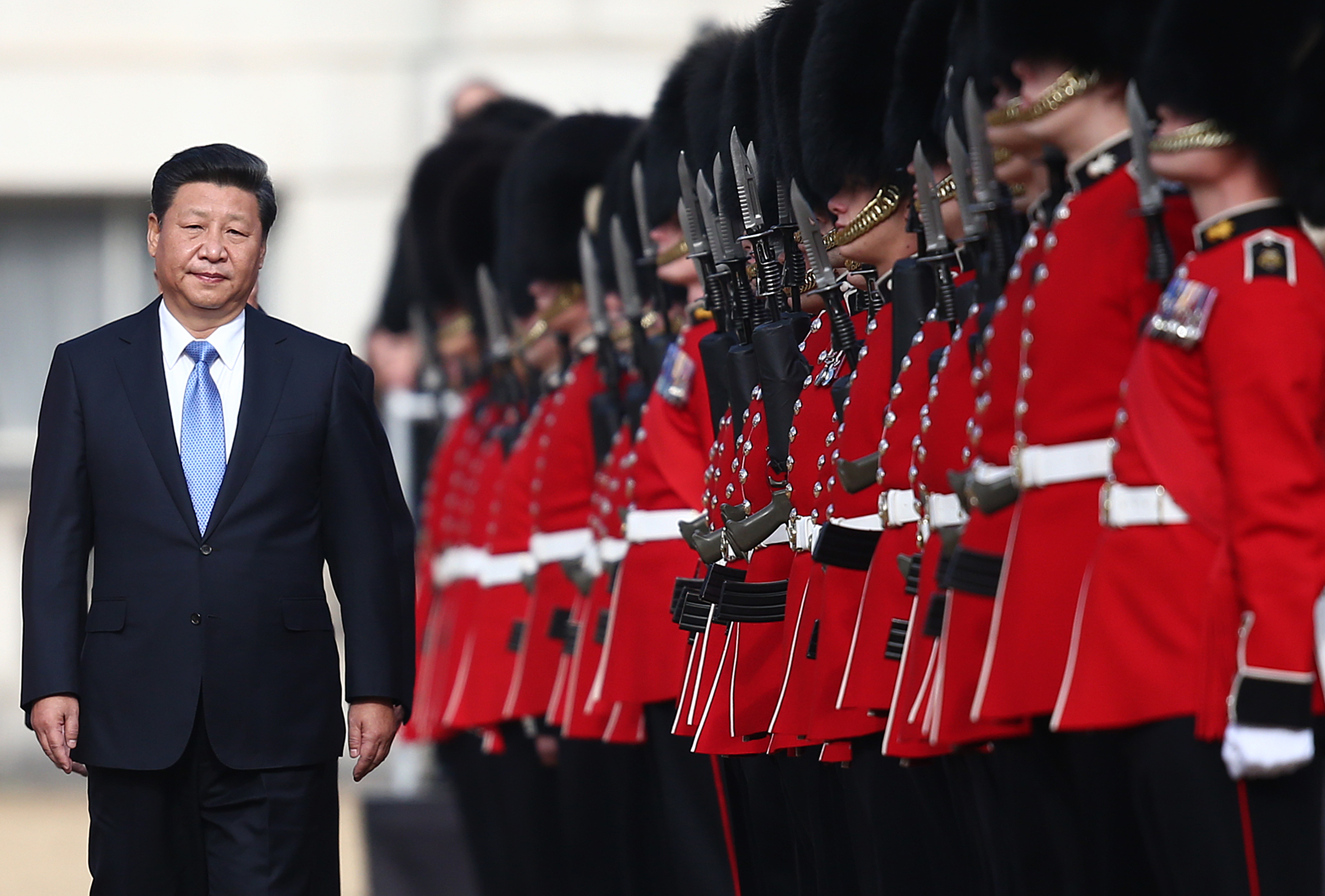‘We must prepare together for a long-term strategic competition with China… We cannot and must not return to the reflexive opposition and rigid blocs of the Cold War. Competition must not lock out cooperation on issues that affect us all.’ These words were not spoken by Boris Johnson as he presented the integrated review to the House of Commons this week. Rather, they were said by President Joe Biden, in his speech to the Munich security conference a month ago. In setting out his vision for a future relationship with China, the Prime Minister and this week’s integrated review may well have been taken from Biden’s script. So why has the IR caused so much controversy?
Julian Lewis, chairman of the intelligence and security committee, accused the government of ‘grasping naivety’ while Tom Tugendhat, head of the foreign affairs equivalent, said that Beijing would be ‘pleased’ and ‘relieved’. Dominic Raab’s comments to civil servants in the Foreign Office, that ‘we don’t junk whole relationships because we’ve got issues’ in justifying trading with countries that have less than perfect human rights records, have been called ‘shocking’ by Amnesty International and condemned by both Tory backbenchers and the Labour party.
But a complex, competitive relationship with China is exactly what the US and other western countries are seeking. Why? Because Beijing is not going anywhere. Both Biden and Johnson have warned against a Cold War mentality because China is not the USSR. It is not driven by pure ideology, it is deeply entangled in the world economy and (the majority of) its people are seeing tangible rises in living standards from the party’s so-called ‘socialism with Chinese characteristics’. What was predicted to be the Chernobyl moment as Wuhan went into lockdown last year has only buttressed support for the party at home and given the country an opening for vaccine diplomacy abroad.
So the Biden administration’s China policy aims to be tough on calling out the country’s human rights transgressions, intellectual property infringement and territorial encroachment, but the President says that ‘we are ready to work with Beijing when it’s in America’s interest to do so’. On global issues like climate change and pandemic prevention, Washington accepts that China must be at the table. Yet on battling Chinese vaccine diplomacy, Biden has brought together the Quad countries (Japan, Australia and India) to start an Asia-targeted ‘Quad Vaccine Partnership’. The name of the game is containment, not war, which means that cooperation and communication remain vital. Tomorrow, the US Secretary of State Antony Blinken meets China’s Foreign Minister Wang Yi and other senior officials in Alaska for that conversation. As former Foreign Secretary William Hague noted in a recent column for the Telegraph, ‘we should not be a hawk or a dove on China, but we should be China realists.’
In light of this, the government’s critics must consider how much it would serve the UK to be more aggressive on Beijing than Washington. To protect western interests, the West must work together. The problem of the Cameron-Osborne ‘Golden Era’ is that, in its eagerness to court China, it risked undermining western unity. Today, British policymakers should not be tempted to go the other extreme. As a more multilateral president begins to form his China policy, taking a lead from the American script is not a bad way to start.








Comments